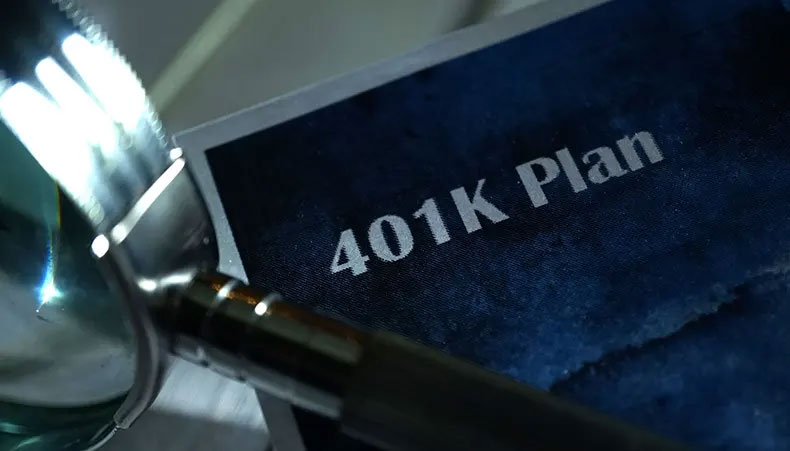
401(k) plans have grown in popularity as a method for many Americans to prepare for and invest for their future. The bulk of a person's retirement funds can be held in these defined-contribution pension plans.
That's why divorce may be such a financial risk. According to Georgia law, 401(k), retirement assets, and retirement benefits are frequently regarded as marital property and must be shared between the couples unless there is a prenuptial agreement or another arrangement that keeps your money from becoming marital property.
According to Georgia law, any contributions made to a retirement account by either spouse during the marriage – whether a 401(k), an IRA, or a pension – are subject to equitable distribution. Any pre-marital balance can be claimed as separate by the earning spouse, but the marital part can be divided.
One of the most complicated topics in divorce disputes is the division of retirement savings. There are tax complexities as well as certain regulations and legislation that must be followed.
A divorce, for example, is a once-in-a-lifetime opportunity to take early withdrawals from your 401(k) or IRA without incurring a tax penalty if your spouse is awarded a portion of your account.
It's especially difficult to divide retirement savings during a divorce since investment accounts are linked to the stock market, so fluctuations in the stock market have a direct impact on the value of your account. That is why the divorce decree must use extremely specific language.
For tax reasons, 401(k)s and pensions are considered qualified plans and are governed by Section 401(a) of the U.S. Tax Code. These funds may only be divided under a Qualified Domestic Relations Order (QDRO), which requires that a part of the 401(k) be transferred to the non-account owner spouse. It instructs the plan administrator on how to disburse the non-employee spouse's portion of the plan benefits. The Internal Revenue Service (IRS) recommends that this specific order be utilized before the 401(k) account administrator makes any payouts.
The QDRO must be written once the divorce is made final. If you and your spouse agree to divorce, you should discuss the details of a QDRO with your divorce attorney. This is because most divorce attorneys do not consider the writing and submission of a QDRO to be part of the main divorce case and charge extra costs for it. Both spouses should consult with divorce attorneys when creating a QDRO to ensure that they meet all retirement plan regulations.
Once both parties have agreed on the provisions of the QDRO, it must be signed and filed with the court. The 401(k) plan administrator must then deem the order eligible and issue an interpretation letter after receiving a certified copy of the signed order. If the plan administrator rejects the plan, it must explain why, and the parties must revise the order and resubmit it for approval.
The plan administrator will not release cash to the other spouse without a QDRO.
A QDRO can take anywhere from two to three months from the time it is prepared to the time it is executed. It might take many months or years to distribute the 401(k) money between the spouses if there are mistakes in the paperwork or if the divorce is finalized.
If you have 401(k) concerns, you should schedule an initial appointment with an attorney as soon as possible to study your situation. The well-known family law firm of Attorney Jackson LLC can assist you in resolving legal and financial difficulties related to your divorce.
Call Attorney Sharon Jackson at (678) 909-4100 to explore your legal options and the best measures you can take to defend your rights.
Attorney Sharon Jackson LLC
175 Langley Drive, Suite A1
Lawrenceville, GA 30046
Phone: (678) 909-4100